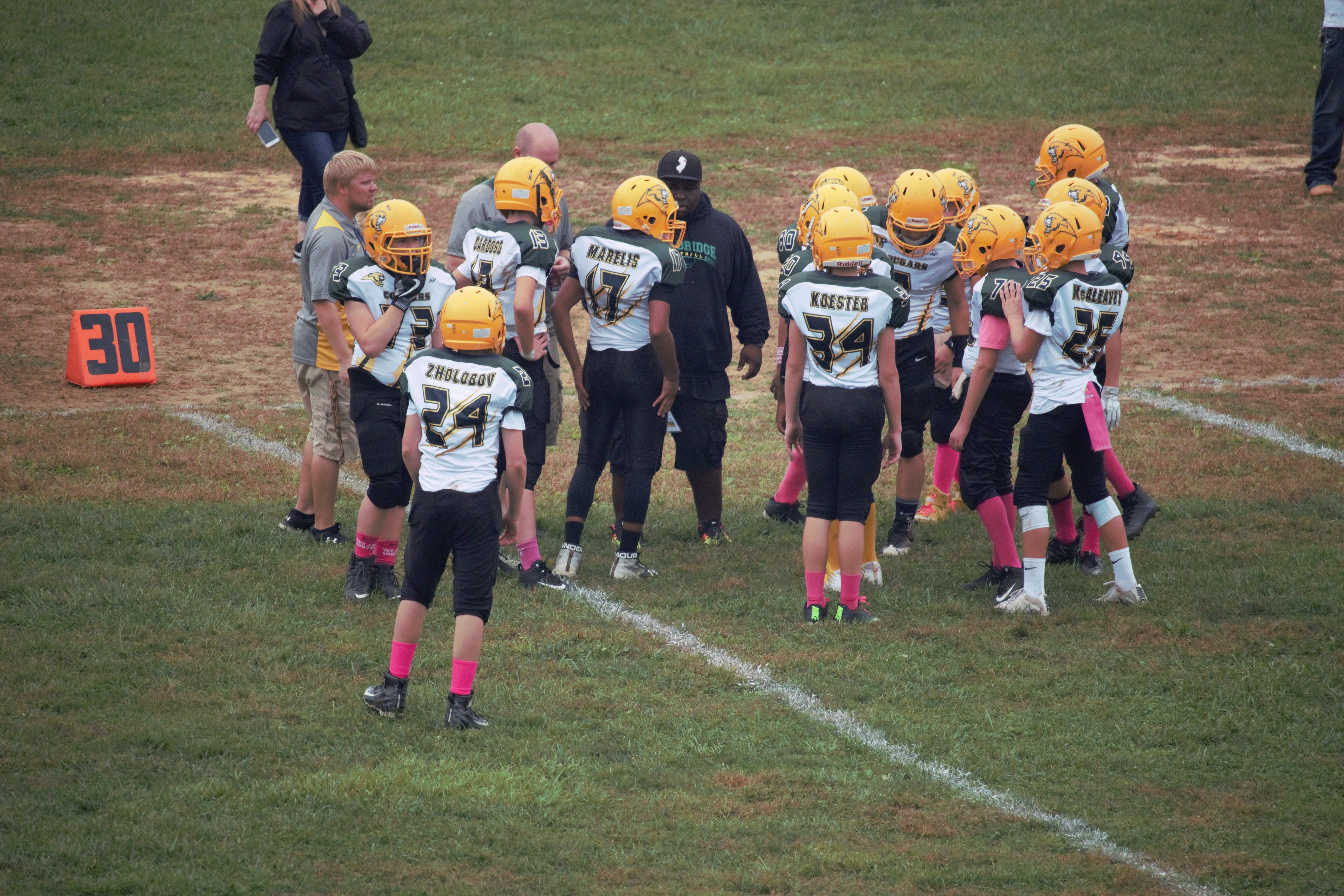3 Mistakes Offensive Coordinators Make

Calling plays on offense is one of the hardest skills for a coach to develop. You have to put your players in a position to be successful while still accounting for the fact that the opposition might line up incorrectly and ruin all of your planning. In addition the defensive coordinator is working just as hard as you are to put his players in a position to stop your play calls.
3 Mistakes Offensive Coordinators Make
There are three Cardinal Sins that Offensive Coordinators make across all levels. They all stem from the same root, trying to out think the defense.
- Installing Too Much
No where does the concept of diminishing returns apply more directly to football than in the amount of plays an offense runs. Many coaches try to install way too many plays. This can come from them game planning four or five weeks down the line, or when they see something on a Saturday or Sunday and think it would be cool to add it to their system. While these could be the best plays in the world, if they do not fit within the offensive system, installing a new play every week will just leave your players feeling overwhelmed.
The one universal constraint that everyone has is time. Every person in the world has the same 24 hours and every team in the world has the same week to prepare for the upcoming game. The coaching staff is responsible for using this time wisely to prepare the team for the next opponent. By adding in more plays and concepts that players have to learn, the coaches are taking time away from the development of skills.
- Getting Too Cute
Defensive coaches around the world rely on this common pitfall of offensive coaches. Offensive coaches spend hours scribbling different ways to run their plays. When the game comes they often get caught in trying to show how smart they are with their latest wrinkle or trick to create the perfect play.
Related Content: Play Calling in the Spread Offense
When a Coordinator gets too cute he puts the power to make a play on the coach and not on the players. Instead of relying on the players to execute their skills the coach is depending on several players from the defense to be in the right spot and reacting how he expects them to. I’ve seen perfectly executed trick plays ruined because a defensive player was lazy and didn’t pursue the ball. There are times for gadget plays, but it’s important that they work within the system and you don’t spend too much practice time installing them.
- Not Running It Again
This is one of the most simple mistake Offensive Coordinators make. They will have a great play that gains yards and then will move on to another play right away instead of running that same play again.
The easiest thing for an offense to do after a big gain is go directly back to the line and run the same play again. There are a couple of reasons why this is so effective. First, mentally it is very tough on the defense to run backwards and get aligned in their spot. Second, by running the play quickly you have taken away the ability of the defense to make an adjustment to the play. The final reason this is so effective is it builds on your players confidence. They have just had a big play, let them get to the line and run it again. This can be physically and mentally exhausting for a defense to deal with.
The main mistake that offensive coordinators make is to forget that the game is won by players executing skills that they have practiced. If the coordinator is relying on his ability to draw up plays to get every first down, he will run out of answers very quickly. Instead, it is much better to invest practice time and energy into developing the skills of the athletes so that your base plays are more effective.











